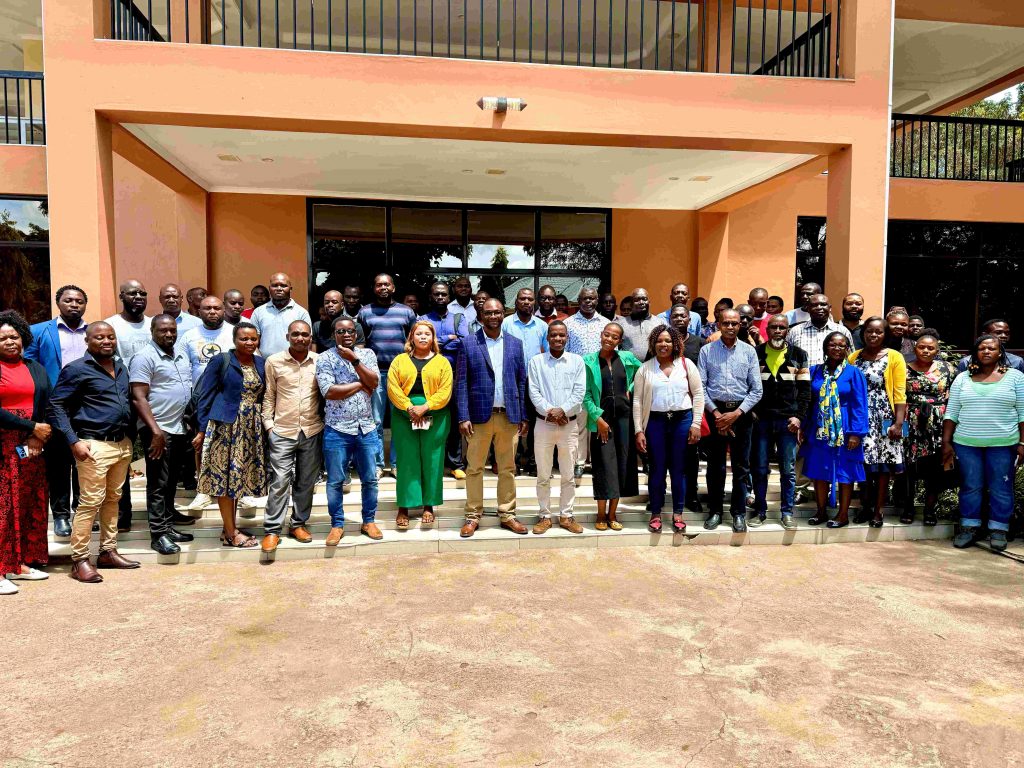
As the quest to strengthen public health surveillance in Malawi continues, surveillance officers from the Public Health Institute of Malawi (PHIM), in conjunction with the Digital Health Department (DHD), were deployed across the three regions of the country to conduct training of trainers (TOTs) in event-based surveillance (EBS).
The TOT sessions were officially opened by the Director of PHIM, Dr Matthews Kagoli at Linde hotel in Mponela, Dowa district. In his opening remarks, he said that EBS is a critical component in the early detection and rapid response to public health events.
Participants were equipped with the latest tools and methodologies to effectively train others in the art and science of EBS.
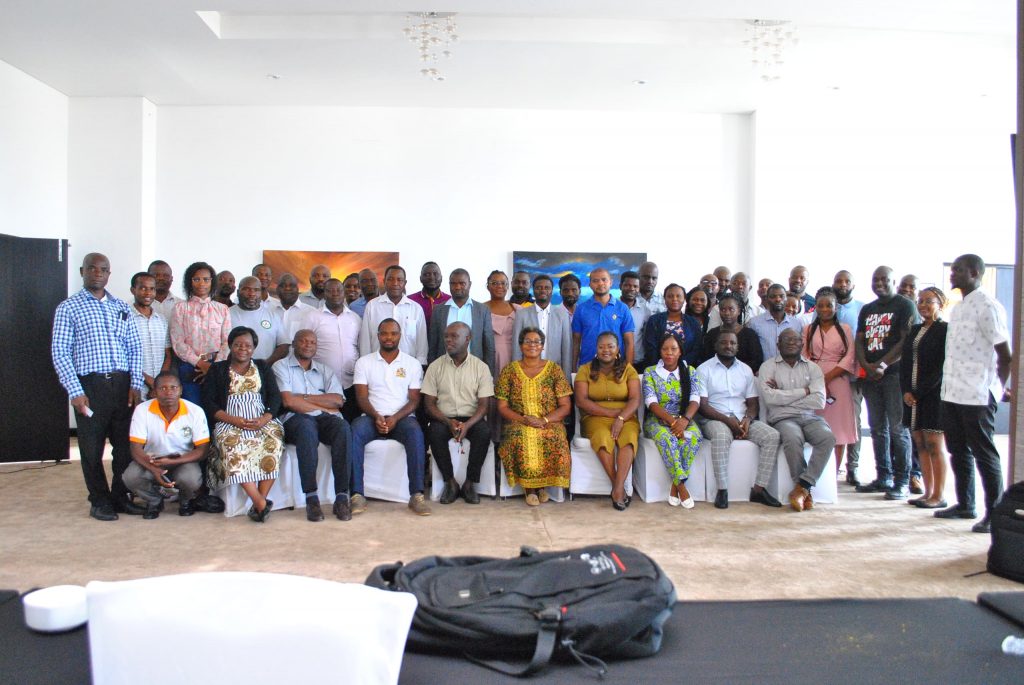
The training encompassed a series of interactive modules, each focusing on different aspects of EBS, such as signal detection, data management, risk assessment, and communication strategies. The trainers were provided with hands-on experience through case scenarios, which allowed them to practice the application of EBS principles in real-world scenarios. This immersive approach ensured that the trainers not only understood the theoretical underpinnings of EBS but also the practical implications and challenges they might face in the field.
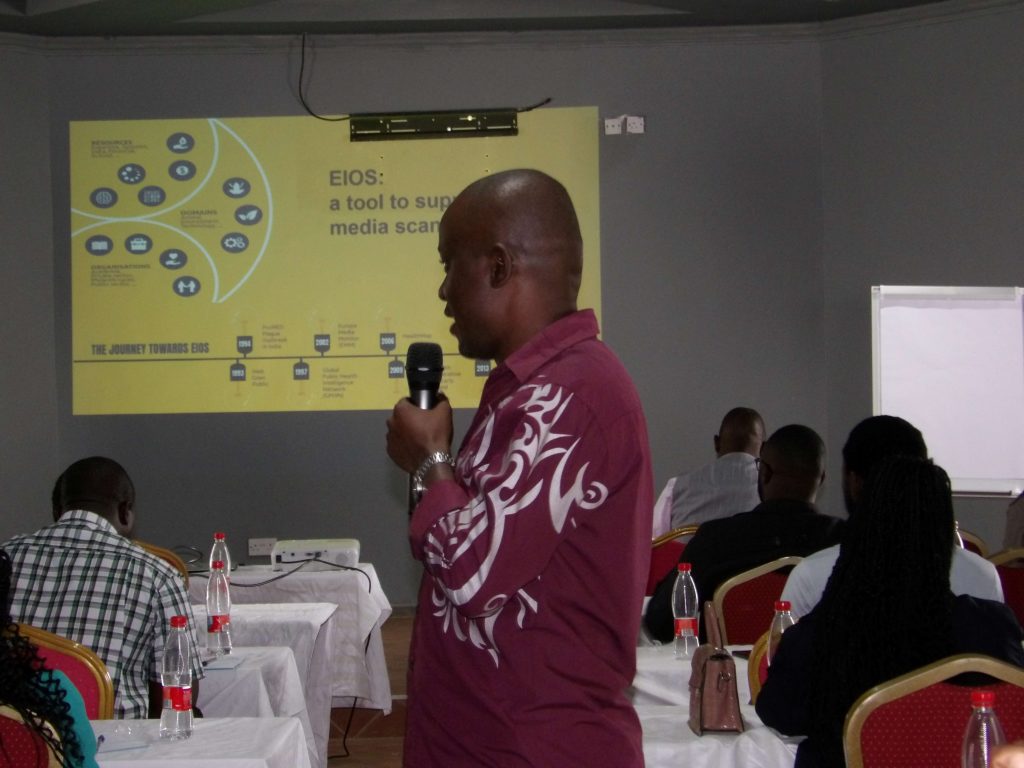
The sessions were meticulously designed to cover the key principles of EBS, including the identification and reporting of signals from both formal and informal sources.
The sessions emphasized the significance of a multi-disciplinary approach, bringing together experts from various sectors including health, veterinary, police, disaster management, agriculture, and information technology. This cross-sectoral collaboration is essential for the successful implementation of EBS, as it allows for a more comprehensive understanding and management of public health events. The trainers were encouraged to foster partnerships and work collaboratively with stakeholders at all levels to build a robust EBS system.
The training of trainers session on event-based surveillance was a significant step towards strengthening the global health security infrastructure. By empowering trainers with the knowledge and skills to educate others, we are expanding the network of professionals ready to detect and respond to public health threats promptly. This proactive approach to capacity building is essential in our ever-connected world, where the rapid dissemination of information can be as crucial as the containment of diseases. The session has laid a strong foundation for a future where every signal counts, and every trainer plays a pivotal role in safeguarding public health.
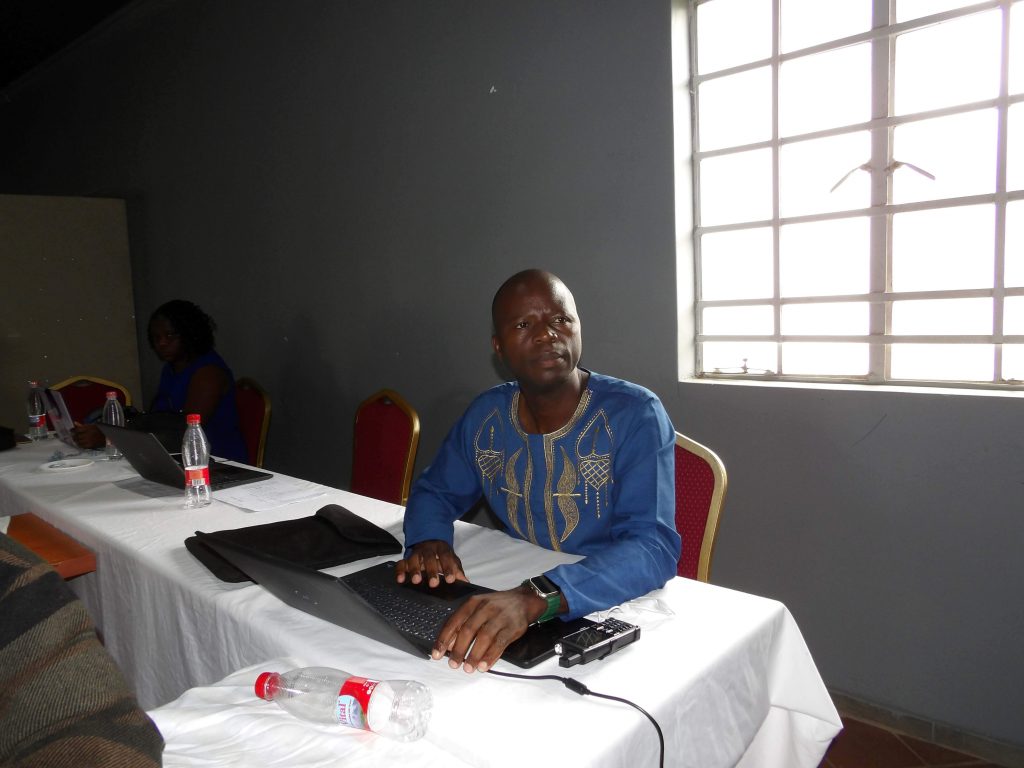
The EBS session in the northern region (Mzuzu) was held at Chatonda lodge and was led by Austin Zgambo, the National IDSR Manager; the session in the Central region was led by Daniel Mapemba and was held at Linde hotel; while in the Southern region, it was led by Edward Chado and was held at Amaryllis hotel in Blantyre.















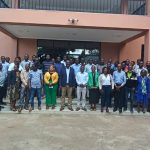

Good one. Lets strengthen our public health system as we strive to achieve the 7-1-7.